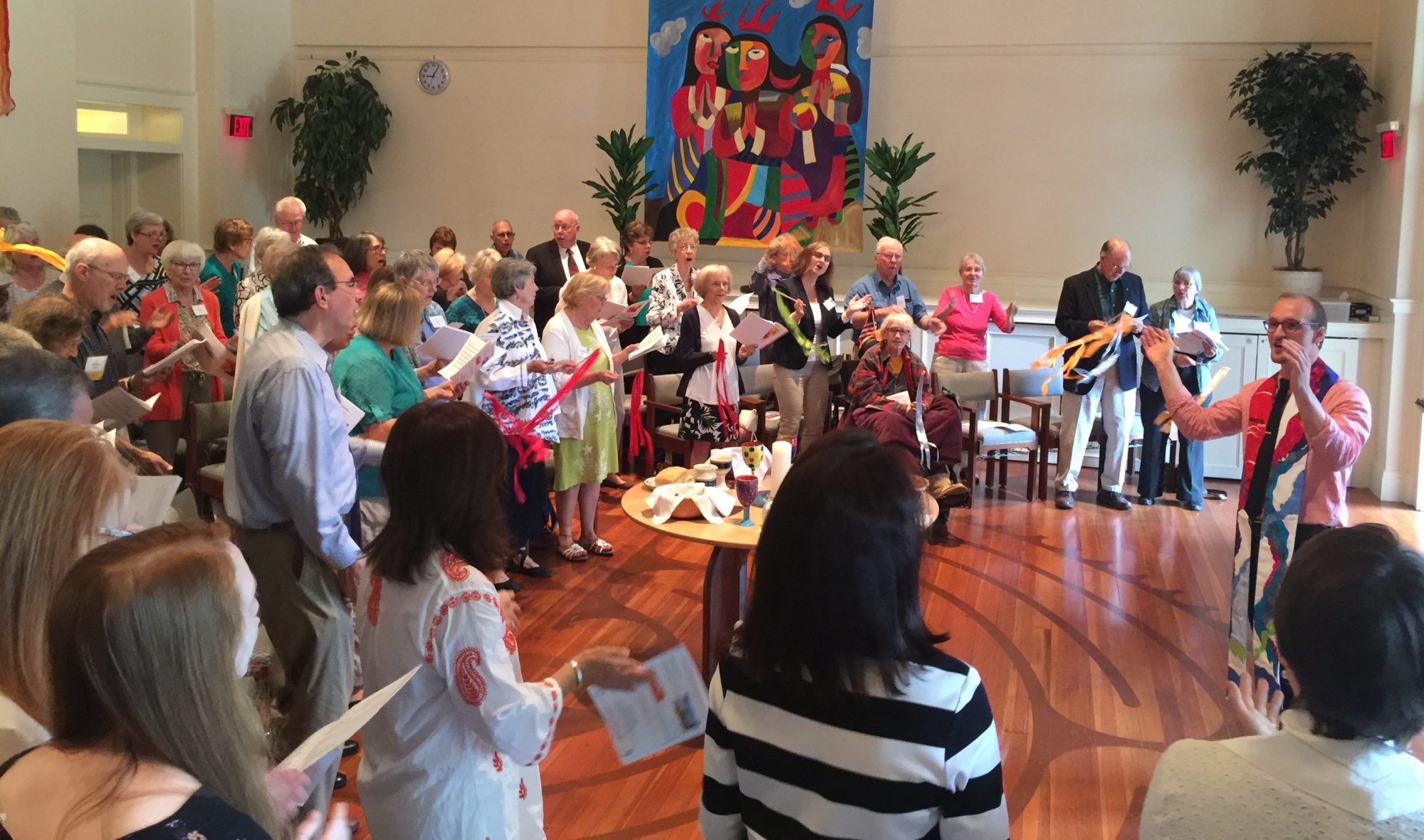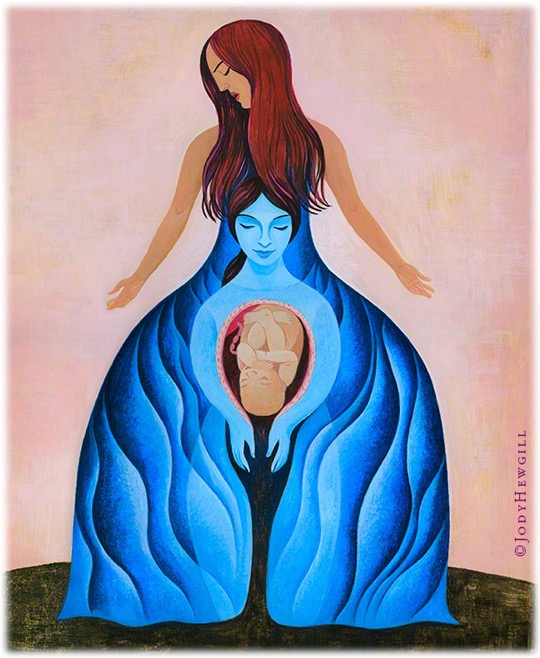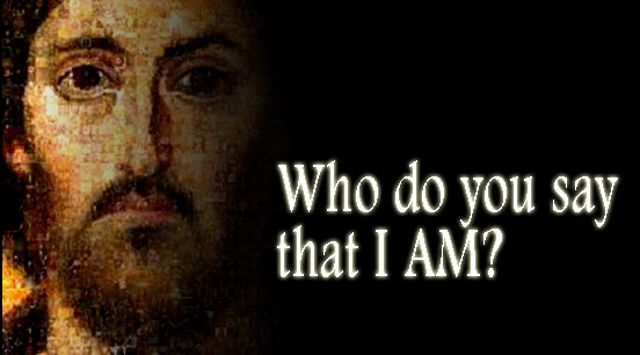My aunt Lucy—a vivacious nun who is the embodiment of Catholic social teaching—was the only one present with my mom and dad when I was born. Since that moment, she has believed that God had a distinct call on my life. She has often reminded me of this. I typically responded with a smile of gratitude and humility, although I was never quite as convinced as her. Twenty-six years later, my dad proudly posted about my acceptance into seminaries on Facebook. “We could see it coming in the birthing room!” she commented.
But my faith has not always been so affirmed. On a resplendent August afternoon before my senior year at UW-Madison I met for lunch with my mentor, the Director of Campus Crusade for Christ (Cru). I was heavily involved with Cru for three years in college leading the worship band and Bible studies and mentoring freshmen. We began by laughing and exchanging stories from our summer adventures. As our conversation shifted to the year ahead, my mentor looked at me with anticipation: “Eric, I want you to lead a group that gets to know Muslim students and shares the gospel with them.” I paused as he finished his invitation, the hope being that some would “accept Jesus as their Lord and Savior.” “I… I can’t lead this group,” I stated mutedly. With a deep breath, I explained my reservations and growing questions, which I knew were out of bounds in that Evangelical world: gender and sexual diversity and religious pluralism.
I could no longer ignore these questions. Over the previous year, I had developed friendships with: Mike, a deeply spiritual gay Catholic student who confided in me as the first person to whom he came out; Huda, a Muslim student with whom I took classes on the Bible and who had a fiery passion for social justice; and Levi, a Jewish student and active leader in Hillel—the center for Jewish student life—who had recently begun his own coming out process. My questions now had faces. Even more, in these friends I caught an unmistakable glimmer of God. As in a manger in Bethlehem, at table in Capernaum, and on the hillsides of Galilee; as on a mount called Golgotha and the road to Emmaus—still today: Divinity incarnates among us, challenging and invigorating our faith with an invitation to embrace a counter-cultural and boundary-breaking love. Emmanuel: God is with us indeed—if we have eyes to see.
Having given this candid and vulnerable account of my journey to my mentor, I added what I had come in knowing was inevitable: “I need to step down from leadership and give my questions space.” With tears in his eyes, my mentor looked at me and said: “Eric, I remember a guy who was so in love with Jesus and passionate about his faith that he would do anything for him. I wonder what happened to that guy?” For a moment my head and heart felt paralyzed. I stared blankly, trying to consider his words but only felt a sharp piercing of my soul. “I do love Jesus,” was all that echoed in my mind. After a long, heavy silence, I added: “Ministry is what I am most passionate about. It’s the one thing I know I want to do with my life.”
Despite this earnest statement, my mentor and Campus Crusade community saw my questions as a sign of failing faith. The truth, however, was that my faith and my personal identity have always been so inextricably intertwined that the idea of “losing my faith” was completely nonsensical. From my earliest years, I was raised breathing the liturgy and soaking in the hymns at Peace United Church of Christ. During high school retreats I sat with my pastor to write liturgy and select hymns for the service our group led upon our return. At a friend’s youth group, I began leading music in worship and Bible studies with peers. Before long, my siblings were jokingly referring to me as “Pastor Eric,” which, of course, was a play on the fact that our pastor’s name was also Eric. During and after college, I often returned home to help lead Vacation Bible School, youth retreats and mission trips. For me, God has always been a given. My struggle has never been with God’s existence, but rather with what God’s existence and revelation in Jesus of Nazareth means for how I live my life. In spite of this, a canyon was swiftly forged between this campus ministry and me, and I became a heretical outcast. Suddenly, for the first time in my life I had no local spiritual community or support. Needless to say, I began my last year in Madison deeply wounded.
By God’s grace, I eventually found The Crossing, a UCC and ecumenical campus ministry. This community approached faith very differently than Campus Crusade. They encouraged me to ask honest questions about faith and life and challenged me to live more justly, compassionately, and humbly, and assisted me in discovering more fully who I was and who God was calling me to be. They not only fed my soul that year as a student, but they then called me into ministry for three powerfully (trans)formative years afterward. Thankfully, throughout my entire journey—and especially when my Campus Crusade community assumed my faith was deteriorating—Pastor Eric also appreciated and nurtured my curiosity as a sign of deepening faith. His mentoring companionship and the steadfast love offered me by Peace Church are two of the most significant factors in my path to ordination.
However, it was only in retrospect after several years of excavating the depths of my questions, fears and longings that I realized just how true my words—“Ministry is the one thing I know I want to do with my life”—were on that brilliant yet disheartening August afternoon. As I stand on the verge of ordination and ask with the great African-American mystic and theologian, Howard Thurman, “What makes [me] come alive?” I undoubtedly know it to be the labors of ministry. Thurman exhorts: “What the world needs is people who have come alive,” so “go do it.” So I am, humbled again to know in my soul that this is not just what I want; it is what God has been midwifing me toward since my birth.





